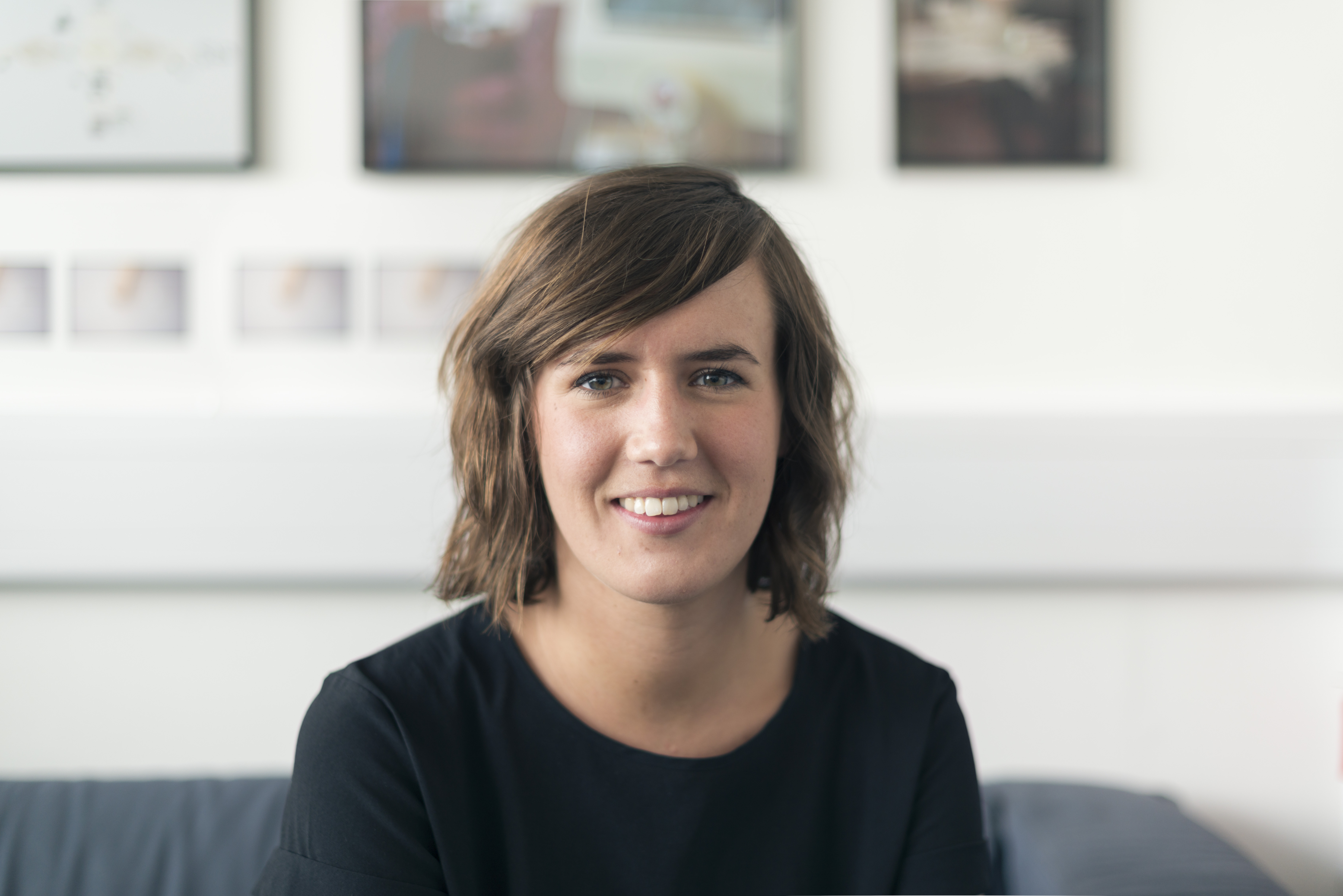Profile
I am a design-led researcher based in the Centre for Preventive Neurology at the Wolfson Institute of Population Health. Currently I am Senior Lecturer in Patient Public Involvement (PPI) and Public Engagement in Science (PES), and co-lead the Institutes Public Advisory Panel. I am also a member of the Design Societies Research Unit at Goldsmiths which combines and cultivates expertise in Science and Technology Studies (STS) and design to engage technoscientific and environmental matters of care and concern.
My practice-based design background comes from studying Design Interactions at the Royal College of Art after which I went onto complete a PhD in design-led research at Goldsmiths. This specifically looked at the patient experience of people with Multiple Sclerosis using STS and design-led research. I sit on a number of grant review panels including The Wellcome Trust, UKRI and am a member of the ESRC Peer Review College. My academic work is presented at a national and international level while I also contribute to the practice-based design research community through establishing initiatives such as PhD By Design.
I co-lead the award-winning module Engaging the Public with Science and supervise under-graduate and doctoral student projects.
Research
Research Interests:
My practice-based research sits at the intersections of PPI, PES, Science and Technology Studies and Design Research. This work aims to articulate how design-led methods can study the notion of ‘patient experience’ within both healthcare and biomedical research settings, leading to the design of more inventive interactions about our health.
I create designs that investigate how patient experiences of people with neurological conditions might be improved through co-design, design-research and design-led interventions. Recent projects include the design of an approach to engage families to discuss living with MS, developing and testing an alternative rehabilitation activity to improve a person’s upper limb function, and creating an accessible upper limb outcome measure. These products, educational tools and resources all aim to improve the lives of people living with MS and are disseminated through national and international public engagement events, academic outputs and Neurology services.
Recently, I am interested in exploring wider forms of participatory research practices, working with peer researchers to explore patient experiences and co-leading a research team developing a Participatory Research program supported by Research England, with the goal of expanding participatory research activities at QMUL.
I have developed and delivered different styles of engagement work across multiple audiences, ranging from examples such as MS:The Big Knit and The Charcot Tapestry to more traditional forms of engagement like patient research information days. Recent work looks at how we can support and engage different groups of people with long term conditions to take part in the design of this work, considering the many challenges and barriers to inclusion.
Supervision
Heather Mah: Using social capital to understand PPI in MS (Horne Family Foundation)
Ninian Schmeising-Barnes: Barriers and facilitators to uptake of the capsule sponge test in people at elevated risk of oesophageal cancer (Cancer Research UK)
Jessica Pawson: Enhancing Equity: A Co-designed Culturally Tailored Physiotherapy Intervention (HARP)
